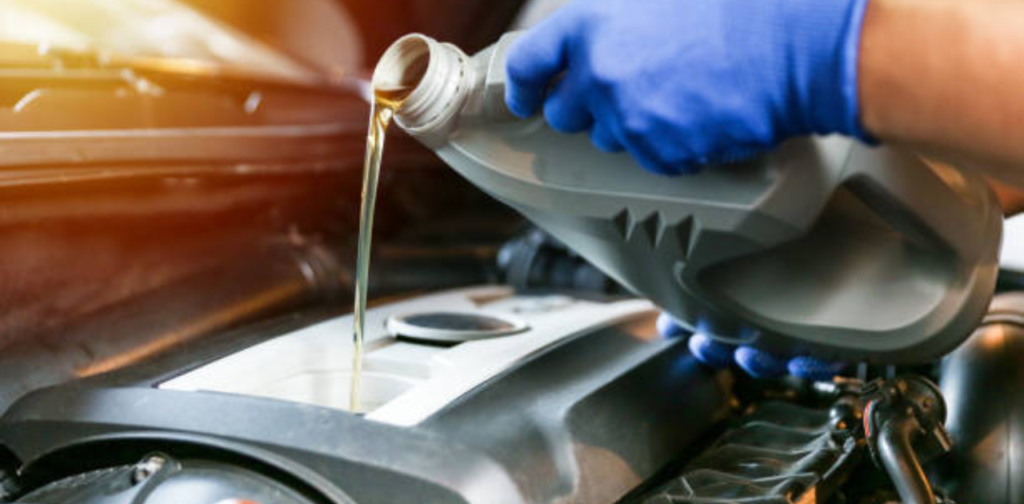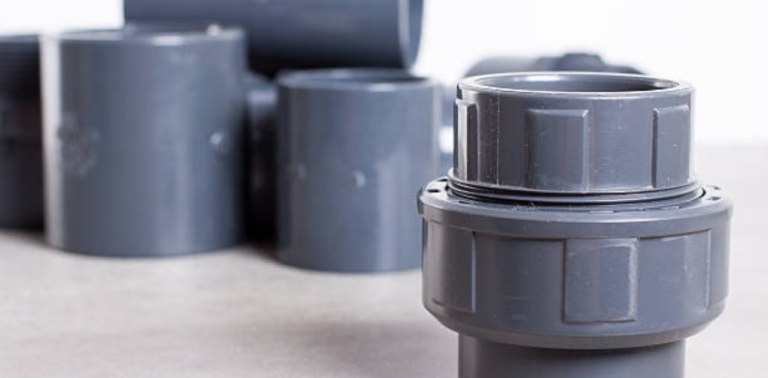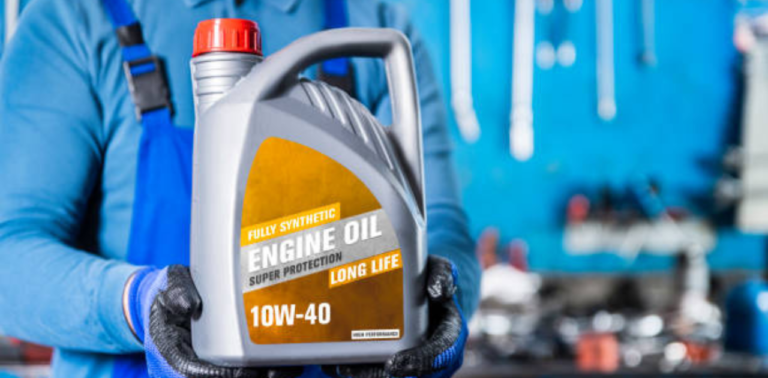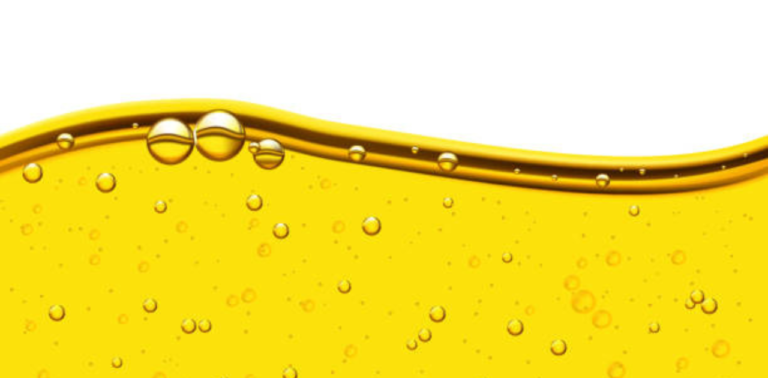What is the Best Motor Oil for Hot Weather in 2023?
Selecting the proper motor oil is essential for preserving your car’s performance and lifetime, especially in hot conditions. It’s crucial to use motor oil for hot weather and keep your engine operating smoothly throughout the summer since extreme temperatures might strain your engine. This post will examine the finest motor oil for hot weather alternatives for 2023 and answer frequently asked queries about motor oil selections.
Which Engine Oil is Best for Hot Weather?
Selecting the best engine oil for hot weather depends on various factors, including the viscosity, additives, and your vehicle’s specifications. However, a popular choice for hot weather is synthetic motor oil. Synthetic oil offers excellent thermal stability and can endure high temperatures without breaking down, providing optimal lubrication to critical engine components even in scorching conditions.
Another factor to consider is the viscosity grade, often denoted by a combination of numbers like 5W30 or 10W30. In hotter climates, a slightly higher viscosity, such as 10W30, can provide better protection and maintain its properties in extreme temperatures. It’s essential to refer to your vehicle’s manual and consult with a professional mechanic to determine the most suitable motor oil for your specific driving conditions.

What is the Best Motor Oil For Hot weather in 2022?
In 2022, the automotive industry witnessed significant advancements in motor oil technology. Several brands introduced improved formulations that cater to the demands of modern engines and the challenges posed by varying weather conditions. Some top contenders for the best motor oil in 2022 included Mobil 1 Extended Performance, Castrol EDGE, and Pennzoil Platinum Full Synthetic.
Mobil 1 Extended Performance is known for its exceptional thermal and oxidation stability, making it an excellent choice for hot weather. Castrol EDGE offers superior protection against deposits and viscosity breakdown, ensuring optimal performance even in extreme temperatures. Pennzoil Platinum Full Synthetic is designed to keep engines clean and provide excellent protection, especially during high-temperature operations.

Is 5W30 Good for Hot Weather?
While 5W30 motor oil is a popular choice for many engines due to its versatility, it may not be the best option for extremely hot weather. The “5W” in 5W30 indicates the oil’s flow rate at low temperatures, providing good cold-start protection. However, the “30” denotes its viscosity at higher temperatures, and in scorching weather, a slightly thicker oil like 10W30 may provide better protection and prevent excessive thinning due to heat.
In extremely hot climates, where temperatures consistently rise above 90°F (32°C), opting for motor oil with a higher viscosity grade, such as 10W30 or 10W40, can help maintain proper lubrication and engine protection.
Is 5W30 or 10W30 Better for Summer?
Determining whether 5W30 or 10W30 is better for summer depends on the specific climate and temperature conditions you’re experiencing. In moderate summer temperatures, both 5W30 and 10W30 can perform adequately. However, if you live in an area where the summer temperatures frequently surpass 90°F (32°C), 10W30 may be a better choice due to its slightly higher viscosity.
The “W” in both 5W30 and 10W30 signifies that these oils have good cold-start properties. The difference lies in their viscosity at higher temperatures, with 10W30 slightly thicker. If you’re in doubt, refer to your vehicle’s manual or consult a trusted mechanic to determine the most suitable motor oil viscosity for your summer driving needs.

How do hot temperatures impact lubricants?
Maintaining ideal operating conditions is essential for the lifetime and efficiency of engines and machines. Temperature, especially high temperatures, is one aspect that greatly affects how well machinery performs. The effects of high temperatures on lubricants will be discussed in this article, along with the reasons why machinery exposed to heat has to be properly lubricated.
Viscosity Breakdown:
Viscosity breakdown is one of the main problems lubricants encounter at high temperatures. Viscosity is the measure of a fluid’s resistance to flow; excessive heat can thin down lubricants, which reduces the thickness of the film. As a result, there is more friction and wear and their capacity to act as an effective barrier between moving parts is compromised.
Evaporation:
Higher temperatures can hasten the lighter lubricant components’ evaporation. The lubricant’s overall performance decreases when these volatile ingredients evaporate, leaving important components susceptible to metal-to-metal contact. This may result in greater operating temperatures, more friction, and quicker wear and tear.
Oxidation:
When lubricants come into contact with oxygen, a chemical process known as oxidation can be triggered by heat. Sludge and varnish are two of the toxic byproducts that are produced as a result of oxidation. These residues have the potential to block oil passageways, impair machinery operation, and lower overall performance.
Seal and Gasket Deterioration:
The integrity of gaskets and seals in equipment can also be impacted by high temperatures. Lubricants may lose their capacity to shield these important parts from heat-induced degradation, which might lead to leaks and further reduce the lubrication system’s efficiency.
Choosing the Right Lubricant:
Selecting the appropriate lubricant for the given working circumstances is essential to reducing the effects of high temperatures on lubricants. Synthetic or high-temperature lubricants are made to resist high heat, offering superior thermal stability and resistance to viscosity breakdown.
How does Hot Temperature Affect Motor Oil?
The oil sump temperature of a decent traditional engine oil can endure up to 250 degrees before it starts to deteriorate at 275 degrees. Oil temperatures have typically been kept between 230 and 260 degrees.
The heat will cause oil to thin down or become less viscous. In the cold, it will thicken or become more viscous. This suggests that if you live in a very cold area, you should use thinner oil in your automobile.

Given the heat, should I use heavier oil?
In general, summertime protection is best achieved by applying a somewhat thicker grade of oil, such as a 10W30 as opposed to a 5W30. Engines need more oil now because of how the summer heat affects the oil’s thinning.
Both of these are available in either their purest traditional form or in top-tier synthetic grades. Either 10W30 or 10W40 is OK for summer usage, however, 10W-40 motor oil will better protect your engine.
Conclusion:
Choosing the right motor oil for hot weather is pivotal for optimal engine performance. Synthetic oils with higher viscosity grades like 10W30 prove effective in combating the rigors of scorching summer temperatures, ensuring a smooth and protected driving experience. Always refer to your vehicle’s manual and consult professionals to make informed decisions regarding your motor oil choices.






